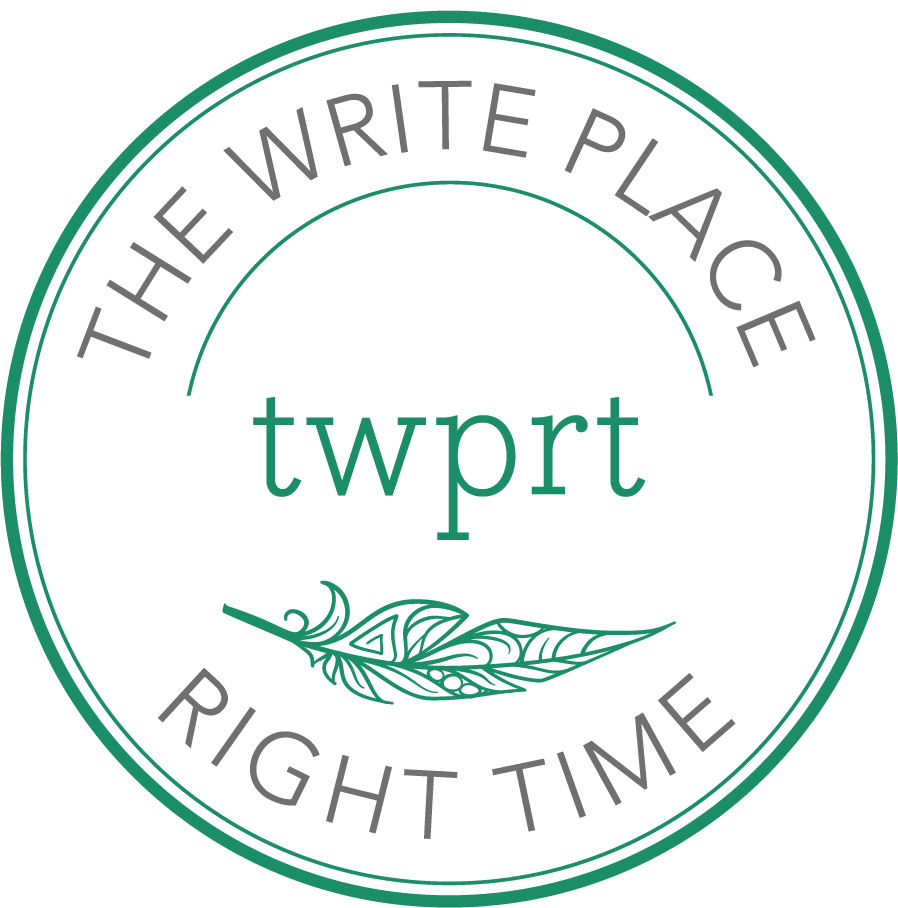How writing your book supports your brand, reaches your audience, and makes you credible and relatable.

Story is a powerful tool. People think in stories and link together the events of their days between a beginning and ending. Societies have used story for millennia to recount history and teach following generations important values and lessons. If you’ve ever heard the saying that “we stand on the shoulders of giants” it ties directly into the importance of writing. We live and succeed because of the recorded knowledge of our predecessors. Stories are ingrained in our being and our subjective stories represent who we are.
It makes sense then that using stories can improve upon a brand and nurture an audience. From an interview on the Next Big Idea Club’s website, Seth Godin states “You’re not going to win by being the maker of stuff. You’re going to win by being the creator of stories”. Stories, and especially books, give people a look into who you are or what you're about. A book creates closeness to your audience. People who read your book see you (the author), through what they read. The reader hears your words, ideas, and experiences. Placing your knowledge into the structure of a story can both put forward a new platform for potential audience members, make you relatable to your audience, and create credibility.
Books Make You Relatable
When writing your book you must take the role of mentor to help and encourage your audience to engage with your content or want to apply your methods, ideas, etc. to their life after they read it. Your book should illustrate your experience and how you learned to avoid pitfalls and achieve goals. Whatever you may be trying to teach the reader it should be backed by personal experience and practices. Highlighting failures and emphasizing growth contribute to making your brand (and you) human. Books are an asset for a personal brand and help position the author as a knowledgeable and relatable professional- both of which you want to be considered, yes?
Stephanie Burns, in an article on Forbes.com, gives the advice that “no one can relate to a perfect person. Just like no one can relate to a perfect brand. It’s unattainable, it’s ethereal, it’s no fun”. You mustn't portray yourself as an infallible guru who reached your point of knowledge and skill without ever failing. Your audience must see you as a human and humans as Stephanie puts it are not perfect. Without illustrating your own imperfection your book will be stale and feel like an exhibition in navel-gazing. Do not write for pretentious reasons.
In an article by NorthEastern University they give ten tips on developing your personal brand. The first two tips are “Figure out who you are and determine what you want to be known for.” A book can help solidify the attributes of your brand. Books are heavily curated and concise representations of yourself and your expertise (two elements of your brand). Both knowing yourself and understanding your goals will help readers understand you. If your sense of self is strong you’ll be able to put forward a confident and commanding voice in your book. Knowing what you wish to be known for will help you hone in on your message and audience. The book is a bridge which lets your audience get a glimpse of who you are and what you have to say.
As the author of the book, you can either be the writer or work closely with a ghostwriter who will capture your voice. This is important because your voice is also a part of you that makes you, you (and relatable). How you deliver your message is unique to you, so that must be captured genuinely. The point is to let yourself and your knowledge shine through so people want to go and follow you well after they are finished reading the book. They may even purchase your services or products (especially if you’re an entrepreneur/business owner) as a result of reading your book.
Books Make You Credible
When you author a book what you are doing is putting your signature on a whole host of ideas. You are throwing thousands of sentences, hours of content, and hundreds of ideas into the world and saying this is me. In a post by Tucker Max, cofounder of Scribe, he says “A book sets you up to be judged by your actual knowledge and work.” Once your book is out there it’s going to be weighed against and compared to other books or resources. It’s up to interpretation and scrutiny from anyone who reads it. That is why a book needs to be well written and nearly immaculate in terms of its writing. If you aren’t confident in your writing or don’t have the time to write a book you may look into how a ghostwriter can help you with your book.
If the book was picked up by a publishing house then the credibility comes with the publications. People see the book and know that a publishing house put it’s name behind that author’s work because they have a powerful, accurate, insightful, and worthwhile message. If self-published the credibility is going to come from the people who read and then endorse the book. Reviews are important and will make or break your book’s image. If you have rave reviews and people leave positive comments you can pull from those positive comments and use those testimonies to establish further credibility.

Once that book is out there it does the work for you. David Meltzer in an article on Entrepreneur.com says “books are a platform, a calling card and a source of credibility, that allows you to build your brand.” Just like how you can point to your website when someone is curious of what or who you are, you can point them to your book. Is a client curious about something you teach, but on the fence about taking a course? Show them your book. Are people viewing your blog or taking classes but still want more content? Show them your book. Does a potential client want to hire your services but wants proof of your skill or experience? Show them your book. A book is like a resume for your brand.
A book is a bridge between you and your audience and the epitome of who you are. It's a tool to educate using your voice and expertise as the guide. Readers in your audience will relate to your brand and learn from you as if you were speaking directly to them. Books are a delicate and complicated area of building a brand which requires intense content curation to put forward a personable, honest, and targeted message. After a book is written it will exist as an example of your expertise and an exceptional way to build connections and demonstrate credibility.
For some a book is a pipe dream- one they wish to achieve but can’t find the time or the words for. If you find yourself craving a book but don’t know how to start you can speak with a ghostwriter who may be able to help conceptualize the project or assist in the writing. If you’d like to chat with a real live professional ghostwriter you can click here or check out our blog for some more tips on writing.

